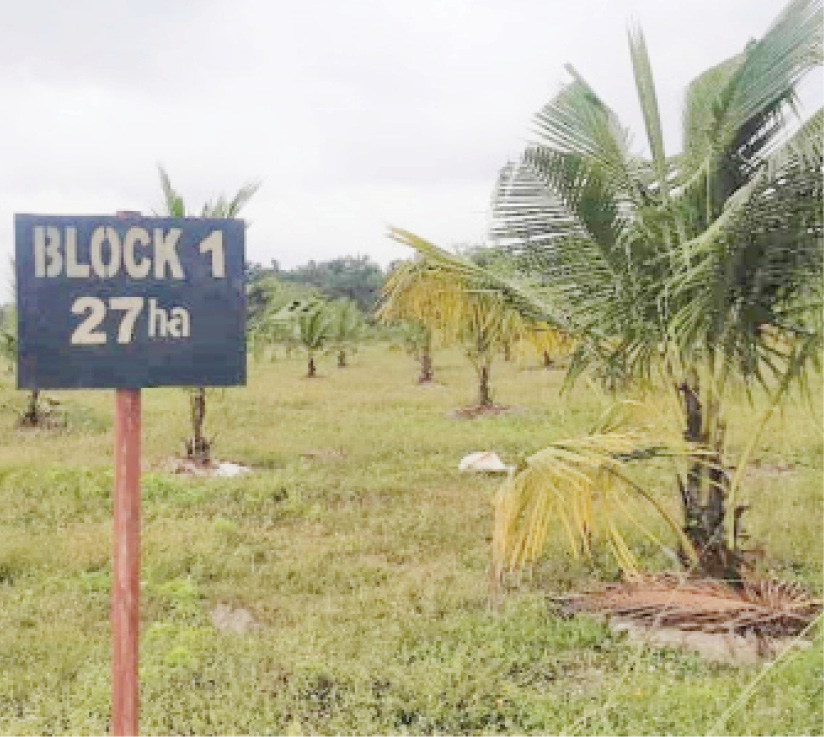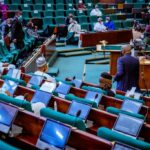The Akwa Ibom State Government has planted 300,000 coconut seedlings across the 31 local government areas of the state to provide raw materials for its recently commissioned coconut factory.
The planting exercise, which was flagged off in Mkpu, Itu Mbonuso in Ini Local Government Area by Governor Udom Emmanuel, is in addition to the already existing coconut plantations in three local government areas.
Flood-tolerant maize variety underway – Agric institute
Can hi-tech fish farming replace traditional agriculture?
Governor Emmanuel, who said Akwa Ibom would become an economic hub with the availability of raw materials to boost production at the St. Gabriel’s Coconut Oil Factory, described the exercise as the hallmark of activities to mark the 35th anniversary of the state.
“In all the activities to mark the 35th anniversary of the state, this is one of the most remarkable. Today, we want to commission the first phase in this local government.
“Based on the survey we have done, Ini will give us a very high yield with hybrid coconut.
“As announced all over the 31 local government areas, we are planting 300,000 coconut seedlings same time, between now and 2pm.
“Our target before I hand over the baton to the incoming governor is to plant two million coconut seedlings, and before December we will meet that target,” he promised.
While urging the community to protect the project, the governor explained that the coconut plantation would generate income for the state as virgin coconut oil sells higher than crude oil at the international market.
Also speaking, the Commissioner for Agriculture, Dr Offiong Offor, commended the governor for facilitating the project, saying it would increase raw materials for the coconut oil factory.
Offor said the planting of seedlings would create many job opportunities for the youths and income would be generated through the production of coconut oil.
The paramount ruler of Ini, Edidem Etim Umoette, commended Governor Emmanuel for his various developmental projects across the state, saying the huge investment in agriculture was a panacea for food sufficiency.

 Join Daily Trust WhatsApp Community For Quick Access To News and Happenings Around You.
Join Daily Trust WhatsApp Community For Quick Access To News and Happenings Around You.


